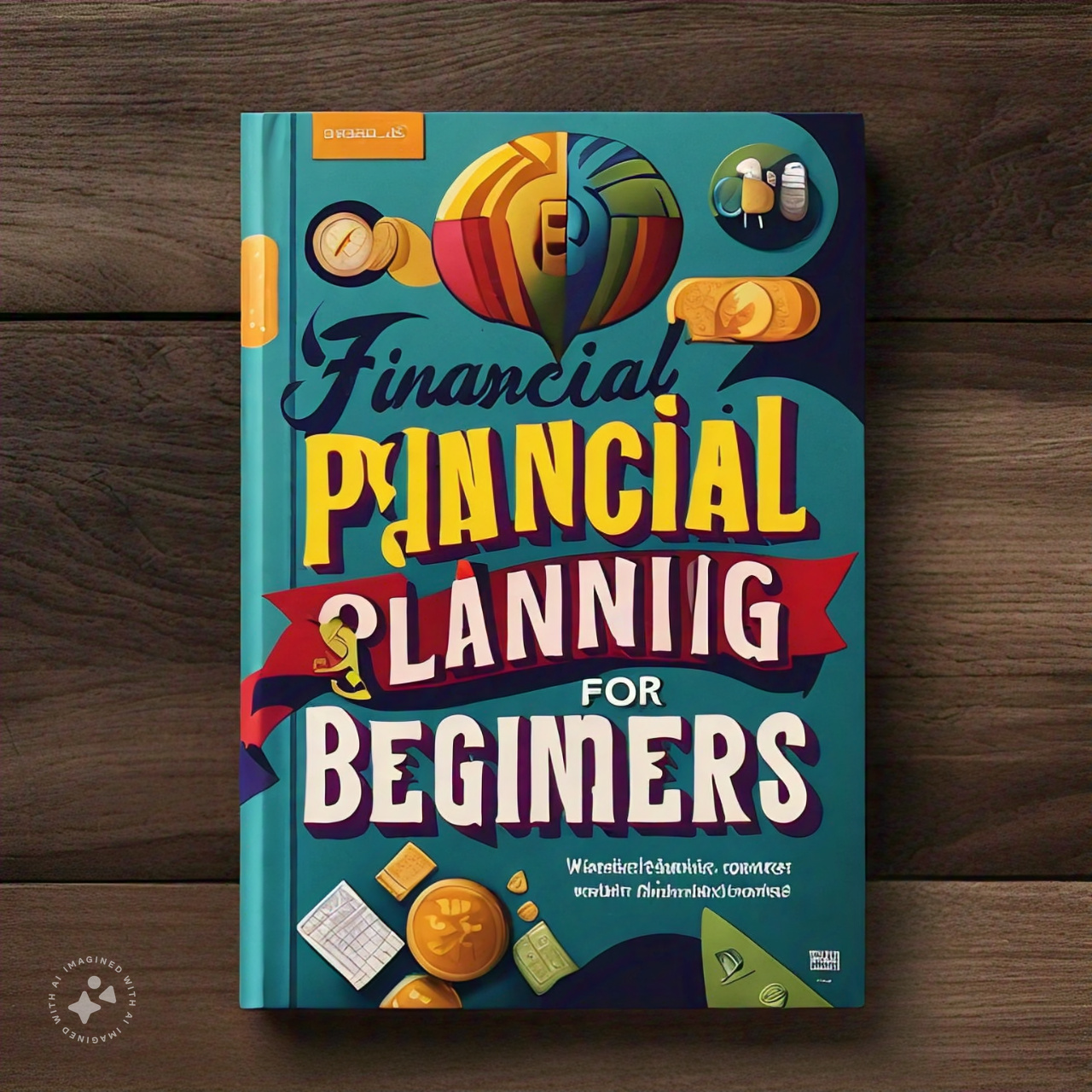Smart Budgeting Tips for Beginners
November 11, 2024 | by smartsitemonetizer@gmail.com

Getting your finances in order starts with a clear understanding of how to budget effectively. If you’re new to managing your finances, these smart budgeting tips for beginners will help you get started on the right track. By following these simple yet powerful strategies, you can take control of your money and work towards achieving your financial goals.
Understand Your Income and Expenses
The first step in smart budgeting is to understand exactly how much money you have coming in and going out. Without this, it’s difficult to know how to budget effectively. Start by tracking your income and expenses to get a clear picture of your financial situation.
Tracking Your Income
List all your sources of income, including your salary, any side gigs, and other passive income. This will give you a comprehensive view of the total amount of money available for budgeting each month.
Tracking Your Expenses
Next, document all your expenses. This includes fixed costs like rent, utilities, and insurance, as well as variable costs such as groceries, entertainment, and dining out. You can use apps or spreadsheets to keep track of your spending habits.
Create a Realistic Budget
Once you have a clear understanding of your income and expenses, it’s time to create a realistic budget. This will help ensure that you don’t overspend and that you’re able to save money regularly.
Set Financial Goals
Start by setting short-term and long-term financial goals. Whether it’s saving for an emergency fund, paying off debt, or building up your retirement savings, having specific goals will keep you focused on the bigger picture.
Use the 50/30/20 Rule
One simple and effective budgeting method is the 50/30/20 rule. This rule suggests that you allocate:
- 50% of your income towards needs (rent, bills, etc.)
- 30% for wants (entertainment, dining out, etc.)
- 20% for savings and debt repayment
Track Your Spending Regularly
Tracking your spending regularly is crucial to staying within your budget. This helps you identify areas where you may be overspending and make adjustments as needed.
Use Budgeting Tools
There are numerous budgeting tools and apps that can help you keep track of your spending. Popular options include Mint, YNAB (You Need A Budget), and PocketGuard. These tools can automatically categorize your expenses, making it easier to see where your money is going.
Tip:
Make it a habit to review your spending at least once a week to ensure you’re sticking to your budget.
Build an Emergency Fund
Having an emergency fund is one of the smartest financial moves you can make. It provides a safety net for unexpected expenses, such as medical bills or car repairs, and helps prevent you from going into debt.
How Much to Save
A good rule of thumb is to save at least 3 to 6 months’ worth of living expenses in your emergency fund. Start small and build it up gradually as you find extra room in your budget.
Conclusion
Incorporating these smart budgeting tips for beginners into your financial routine will set you on the path to financial stability. By tracking your income and expenses, creating a realistic budget, and building an emergency fund, you can gain control over your money and make informed decisions that lead to long-term financial success.
RELATED POSTS
View all



